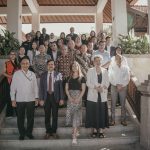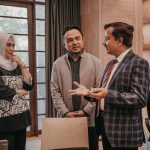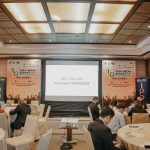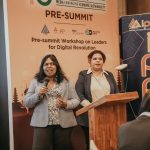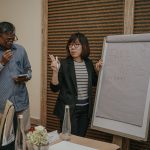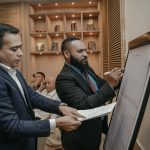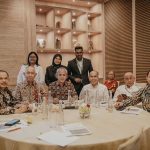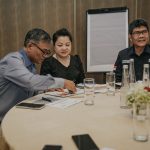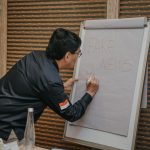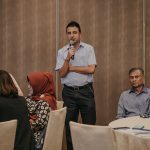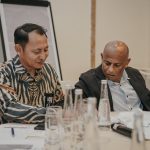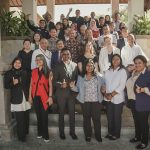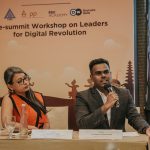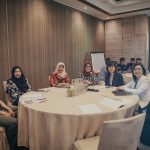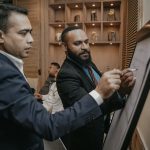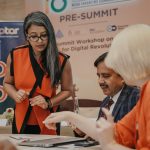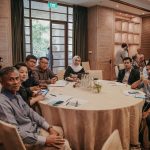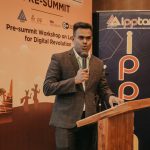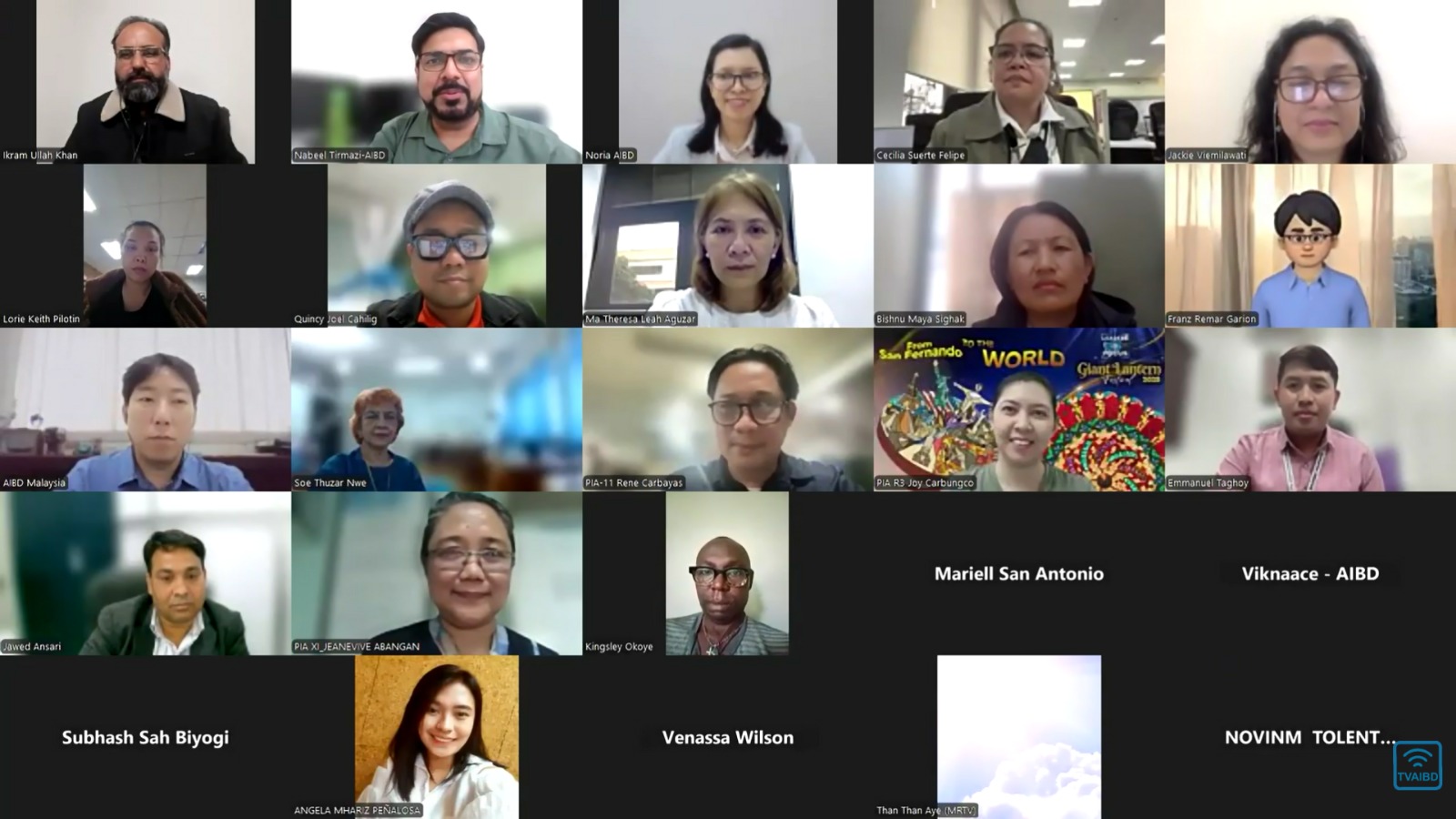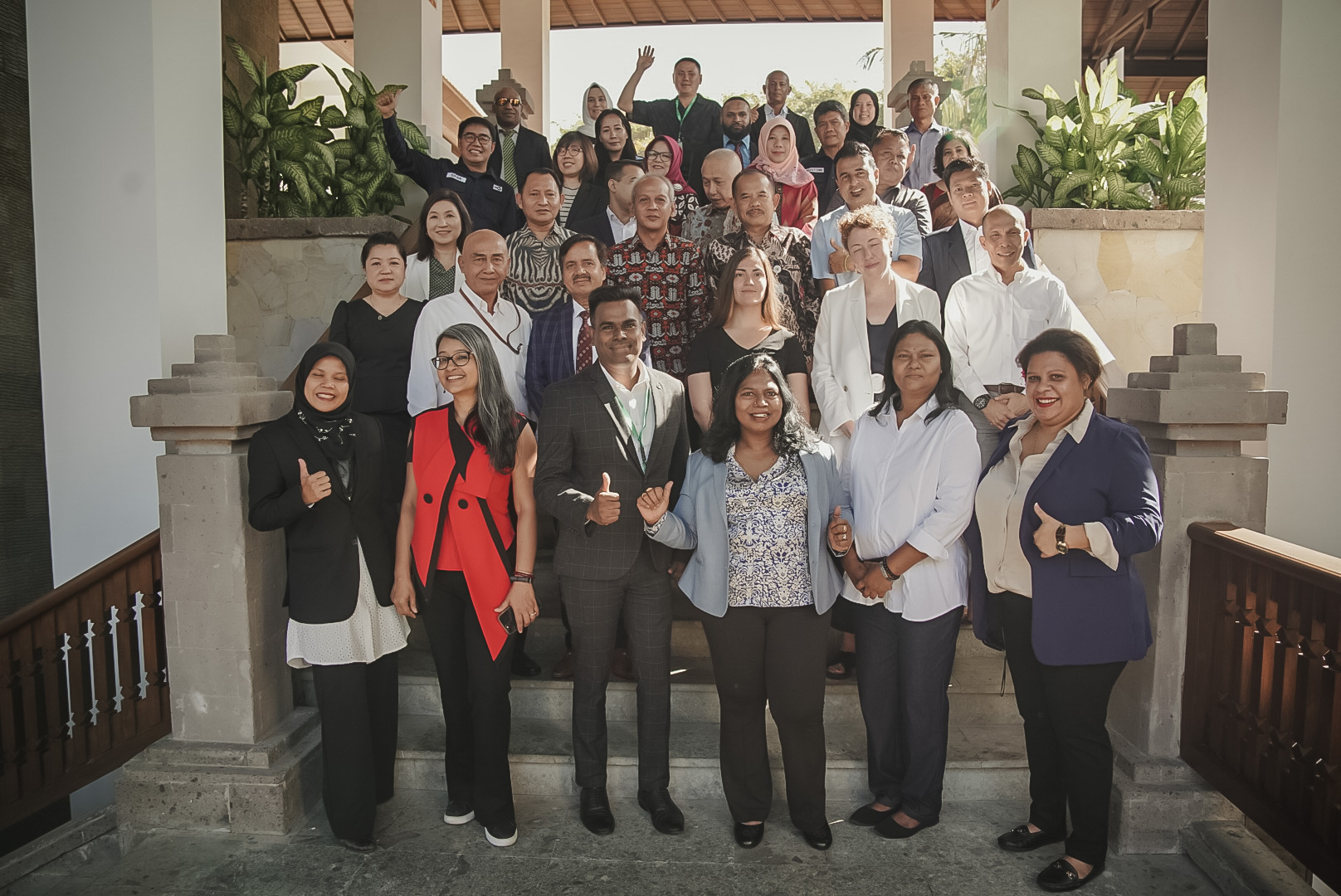
Exploring Media Leadership in the Digital Age: Prominent Broadcasters Gathered in Bali to attend the AIBD/IPPTAR/EBU/DW Leaders for Digital Revolution workshop prior to AMS2023
By Dinnierose Raiko
In the ever-changing realm of digital transformation, broadcasters, particularly those in public service, face distinct challenges as they adapt to the new environment. The extensive use of digital technology has presented both obstacles and exciting possibilities, sparking lively discussions and debates. With the digital revolution erasing the boundaries of global communication, broadcasters now face an urgent imperative to navigate this continuously evolving territory and effectively leverage digital tools to foster organizational growth.
To address these pressing concerns, a recent workshop was conducted in Bali, Indonesia, focusing on enhancing media capabilities through innovative managerial and technological approaches. The highly esteemed Leaders for Digital Revolution Workshop attracted over 30 participants from various countries in the Asia-Pacific and Eastern European regions. The event, held in conjunction with the 18th Asia Media Summit last month, was made possible through the collaborative efforts of prominent organisations including the Asia-Pacific Institute for Broadcasting Development (AIBD), the Institute Penyjaran dan Penerangan Tun Abdul Razak (IPPTAR), the European Broadcasting Union (EBU), Deutsche Welle (DW), and hosted by TVRI Indonesia.
The one-day workshop aimed to foster dialogue, facilitate knowledge sharing, and address the challenges faced by the media in the dynamic digital landscape. It had several key objectives; enabling participants to critically assess their current media management leadership and identify areas for improvement within their organizations, equipping participants with a valuable skill set that they can apply upon their return, fostering growth and improvement within their respective organizations, providing participants with fresh ideas and insights on fostering innovation in the realm of digital media and facilitating the exchange of insights and experiences among participants, leading to practical solutions that can be implemented within their own organizations.
The workshop saw the participation of leaders and professionals from diverse countries, including Bangladesh, Bhutan, Brunei, Indonesia, Fiji, India, Laos PDR, Malaysia, the Maldives, Myanmar, Papua New Guinea, Russia, and Thailand. These individuals held leadership positions within their respective media organizations, bringing a wealth of expertise and experience to the sharing sessions.
Under the guidance of Ms. Debarati Guha, Director of Programs for Asia at Deutsche Welle (DW) and an esteemed consultant trainer with over 20 years of experience in media and leadership roles, the workshop offered interactive sessions. Ms. Guha shared theories and fundamental concepts of leadership in the digital landscape, engaging participants in exercises to identify challenges and corresponding solutions. This approach provided attendees with the opportunity to learn from their own experiences and exchange knowledge. Ms. Guha’s guidance created an interactive and dynamic learning environment for all.
Throughout the workshop, participants and Ms. Guha delved into various topics related to leadership styles, challenges, and problem-solving techniques in the context of the digital revolution. The exchange of ideas was comprehensive and dynamic.
The collaborative environment fostered a think tank atmosphere, where all 34 participants actively shared real-life cases and experiences from their respective countries. The workshop also witnessed the presence of AIBD Secretariat Director, Ms. Philomena Gnanapragasam, and IPPTAR Acting Director, Mr. Kumaran Subramaniam, who welcomed the participants and emphasized the importance of staying innovative in the current digital landscape.
The Leaders for Digital Revolution Workshop served as a valuable platform for broadcasters to explore innovative approaches to media leadership in the digital age. With a diverse group of professionals exchanging insights and experiences, this collaborative effort is expected to contribute to the growth and transformation of media organizations worldwide.


